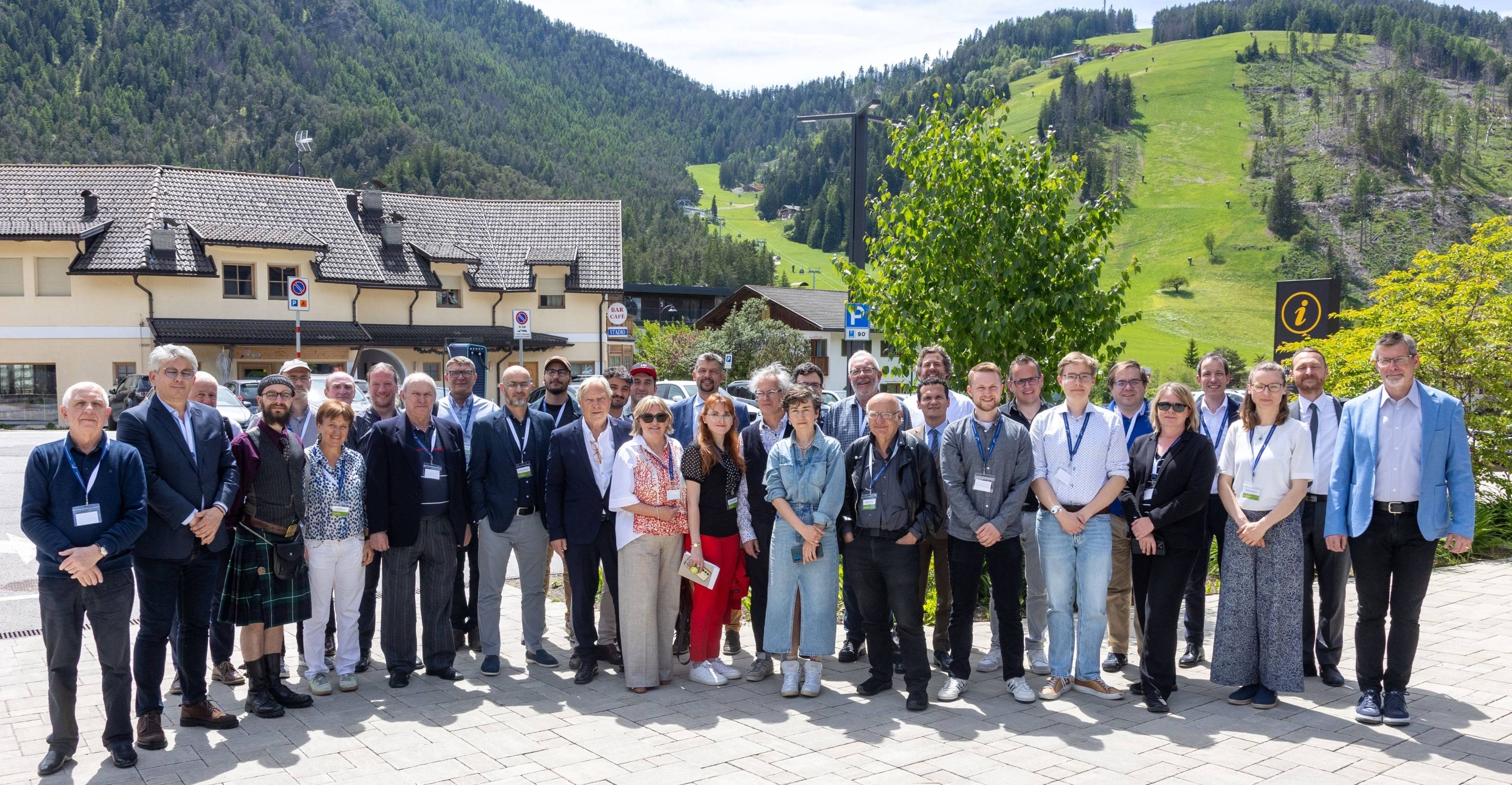
Meeting in South Tyrol: Minorities without a kin-state call for greater visibility of their languages at major events
10.06.2025Between 29 May and 1 June 2025, the FUEN Non-Kin-State Working Group (NKS) held its annual meeting – this time hosted by the Ladins in St. Vigil in Enneberg/Al Plan de Maréo (Gadertal/Val Badia, South Tyrol, Italy). The host organisation was the Union Generela di Ladins dla Dolomites, the umbrella organisation of the Dolomite Ladins, which works to preserve and promote the Ladin language, culture and identity.
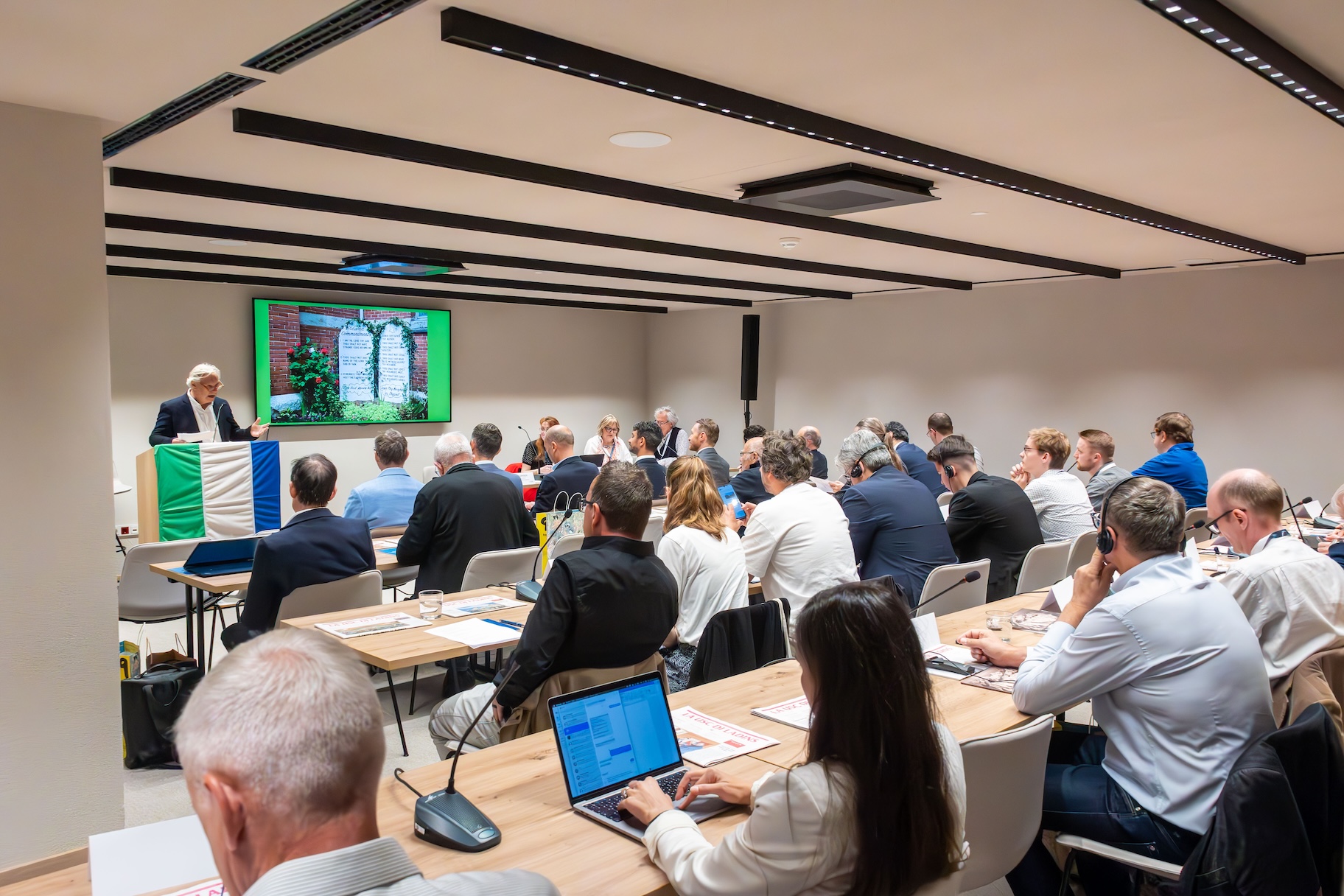
The central focus of this year’s meeting was how to make minority languages more visible at major events in the areas of sport, culture and society. In thematic working sessions, the more than 30 participants from 12 countries discussed, among other things, the relationship between tourism and minority languages, multilingualism in South Tyrol and specific experiences from various regions of Europe.
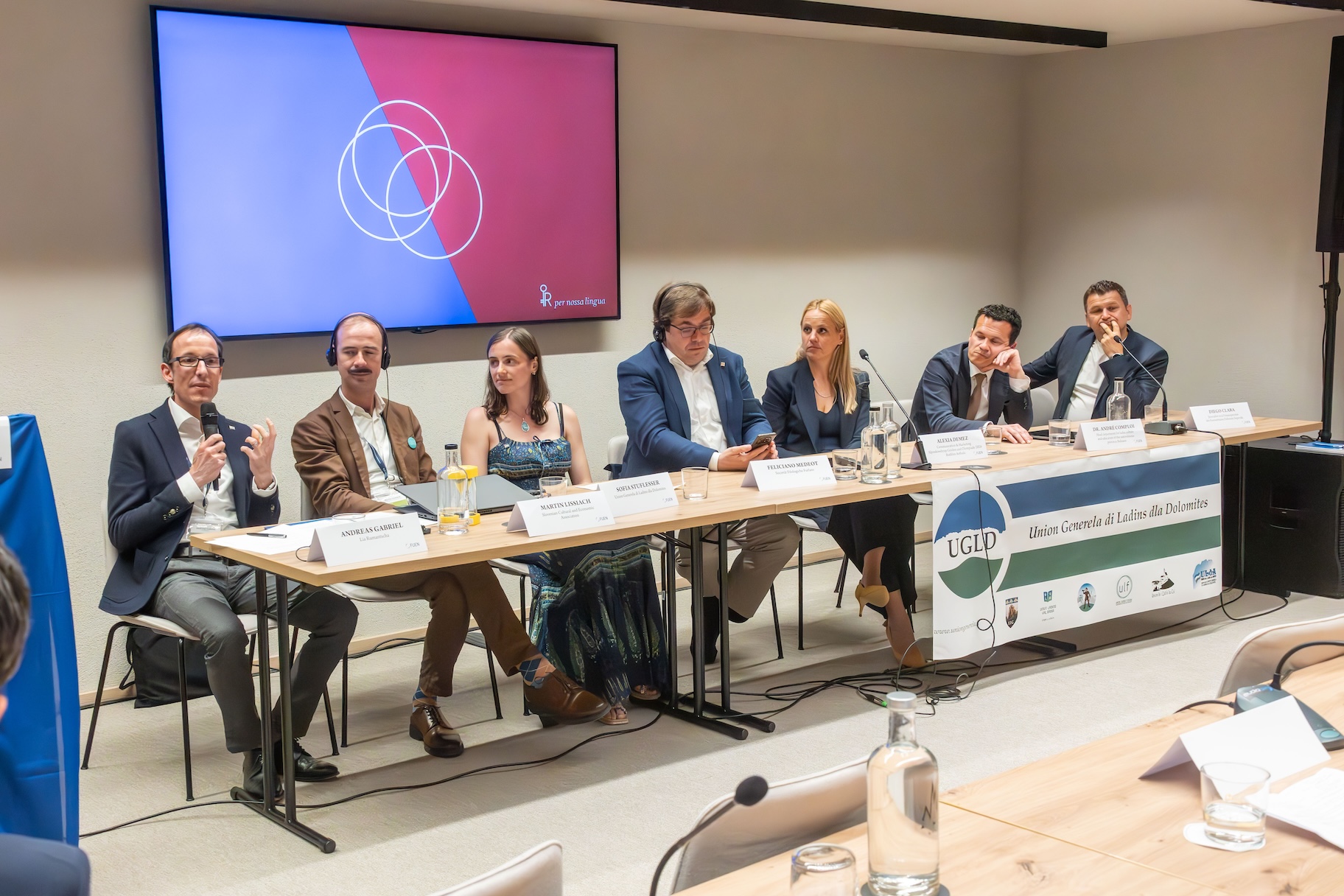
Numerous examples made it clear: even today, many regional and minority languages remain largely invisible at high-profile events – at best, they appear in symbolic form only. Their presence is often limited to a few terms, decorative greetings or folkloric elements, while real involvement of the language communities is missing.
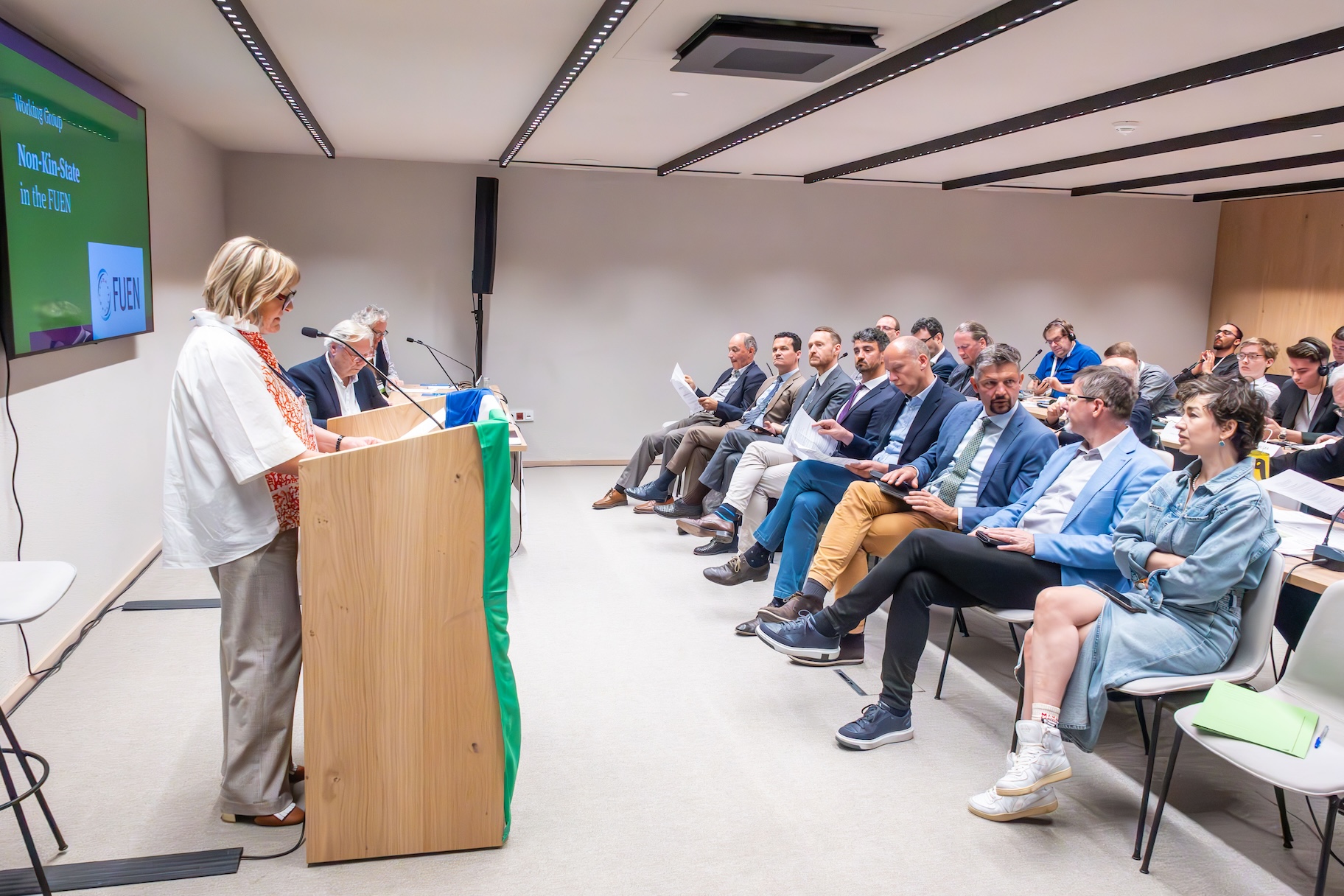
One striking example is the situation of the Ladins: despite their deep cultural roots in South Tyrol, the Ladin language and culture receive little attention at many major events, for example in the area of sports. A pattern that was also reflected in the reports of participants from Romania, Hungary, France, Switzerland, Germany or the Netherlands.
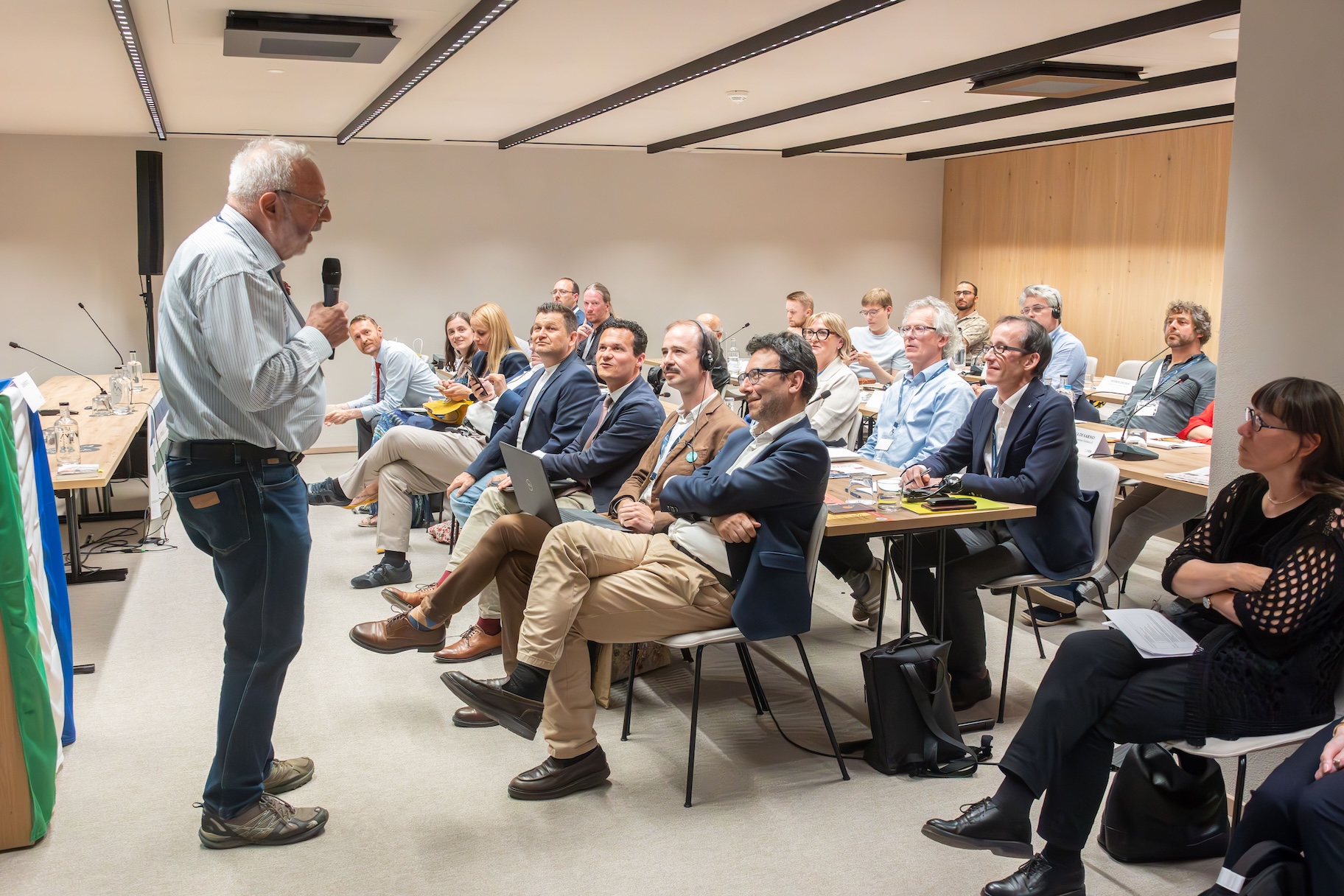
The representatives of the minorities without a kin-state therefore emphasised that their languages must be more than decorative elements. Instead, they should be treated as equal and integral parts of public life. Accordingly, the participants called for greater structural inclusion, genuine participation and clear standards on how minority languages should be integrated into communication, programming and public visibility.
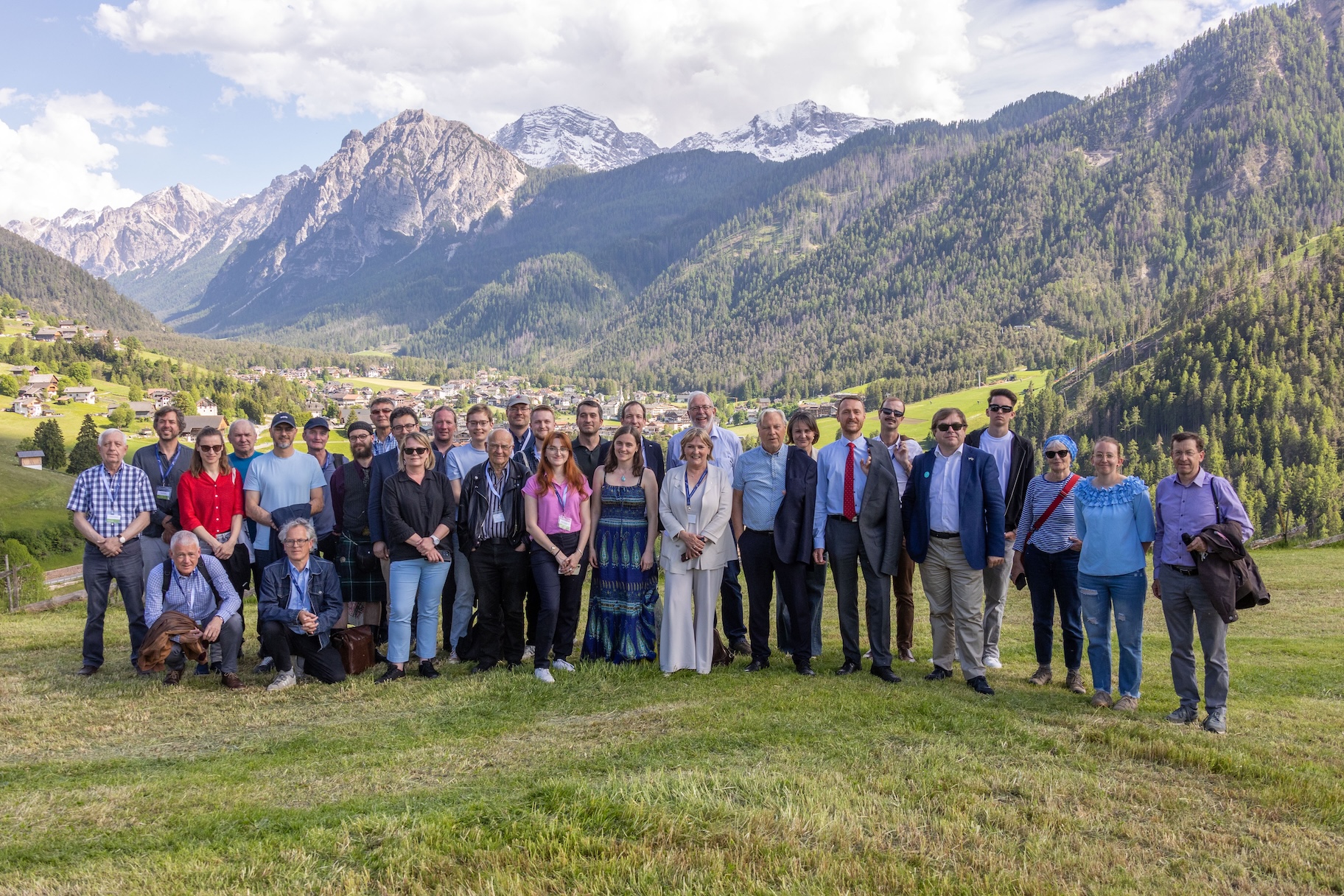
“We must strengthen our communities, live our identity with confidence and work together for a Europe that hears our voices too”, emphasised the spokesperson of the NKS Working Group, FUEN Vice President Bahne Bahnsen. Minorities without a kin-state are an essential part of Europe’s diversity and must be made both visible and audible accordingly.
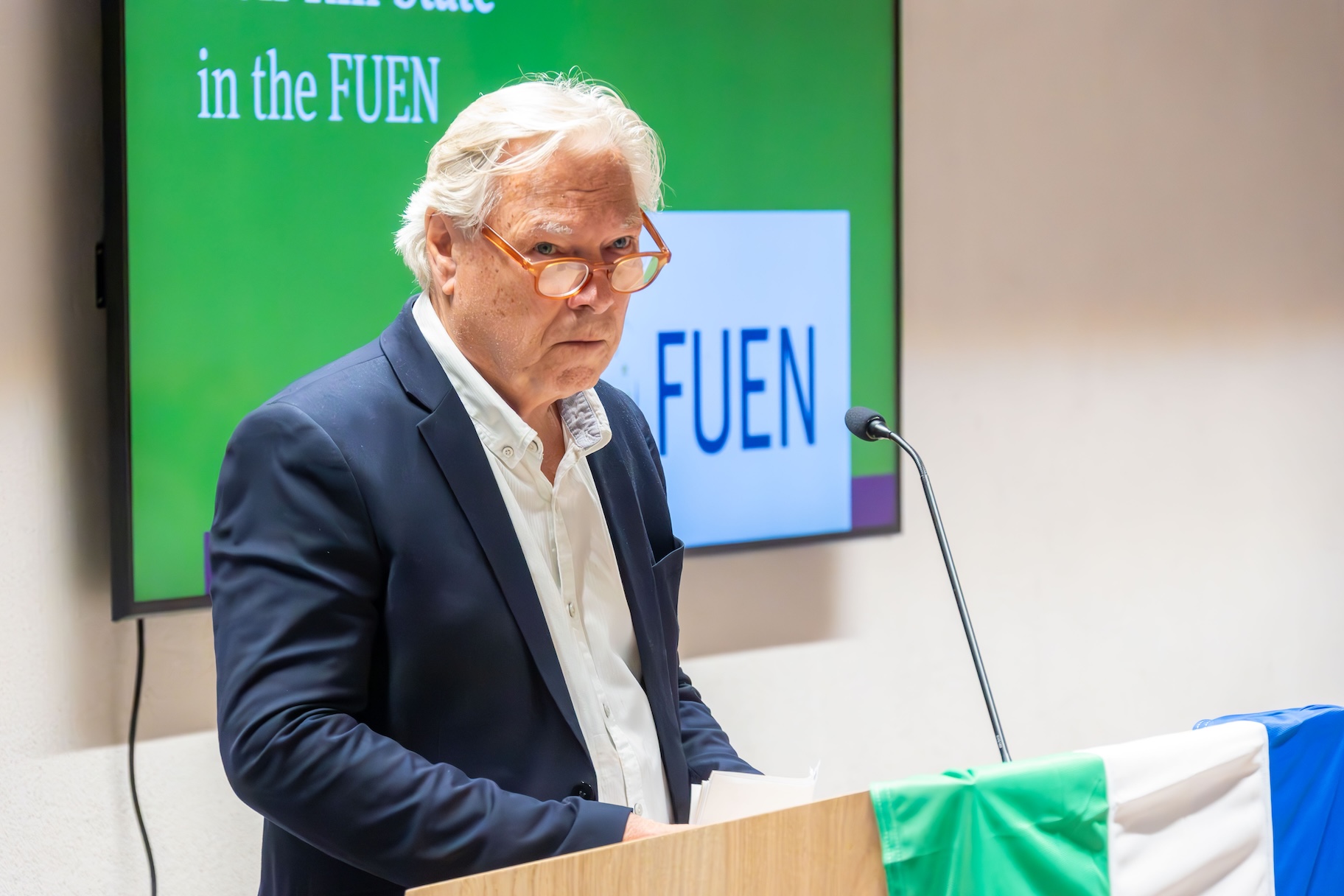
FUEN Vice President Daniel Alfreider, Deputy Governor of the Autonomous Province of Bolzano – South Tyrol and Regional Councillor for Ladin Education and Culture, Infrastructure and Mobility, also attended the meeting. He stressed that the protection of language and culture is a top priority in South Tyrol, but must also go hand in hand with economic opportunities. He described the NKS Working Group as an important platform for exchange and networking among Europe’s monorities without a kin-state, whose concerns need to receive more political attention.
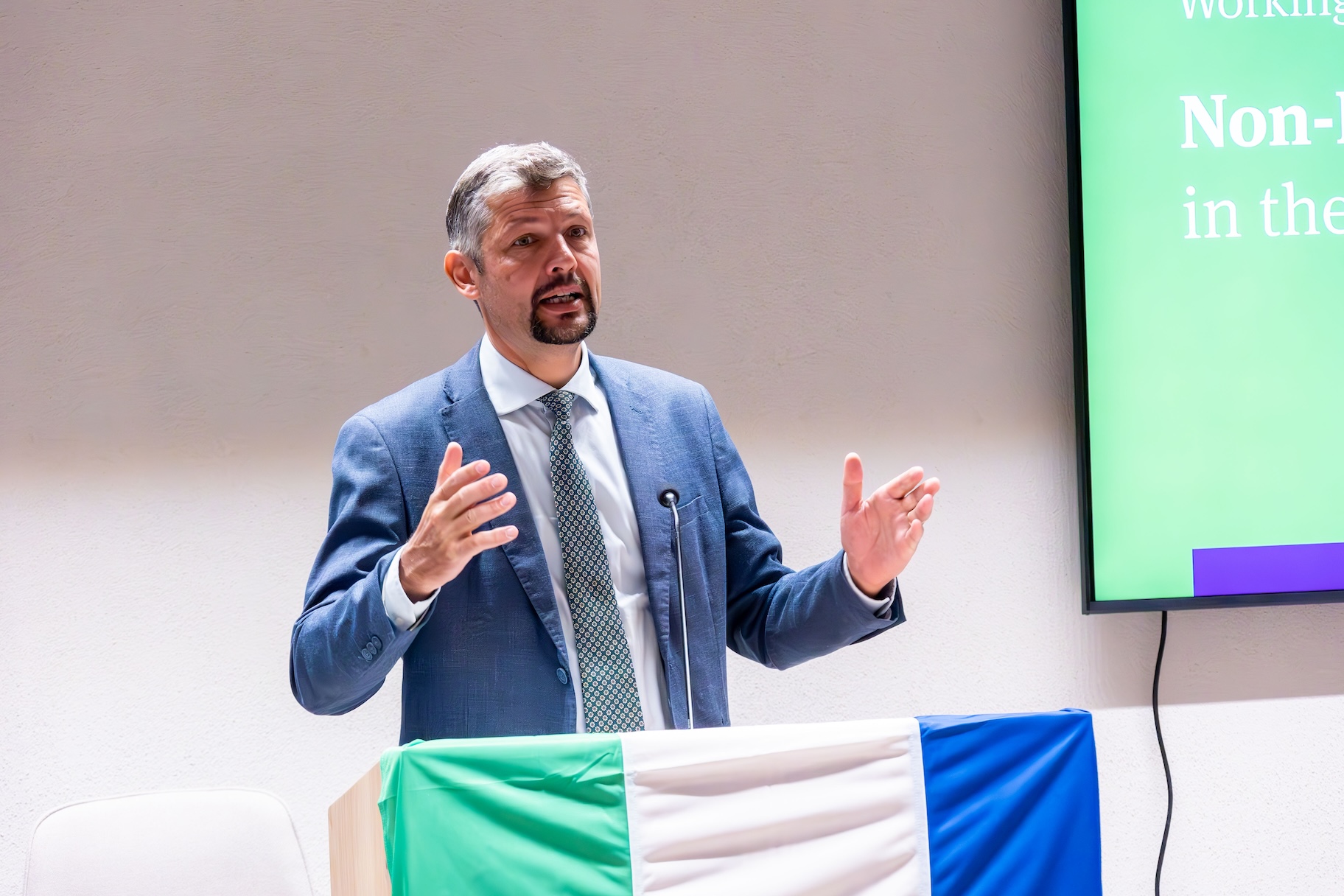
In addition to in-depth discussions, the programme offered insights into the region – including a visit to a trilingual kindergarten and primary school to learn about the Ladin education system, a guided tour of the Fanes-Sennes-Braies Nature Park and a Ladin cultural evening with music and a book presentation. The internal session of the Working Group served to present country reports, discuss strategic development and plan activities for the second half of 2025 and for 2026.
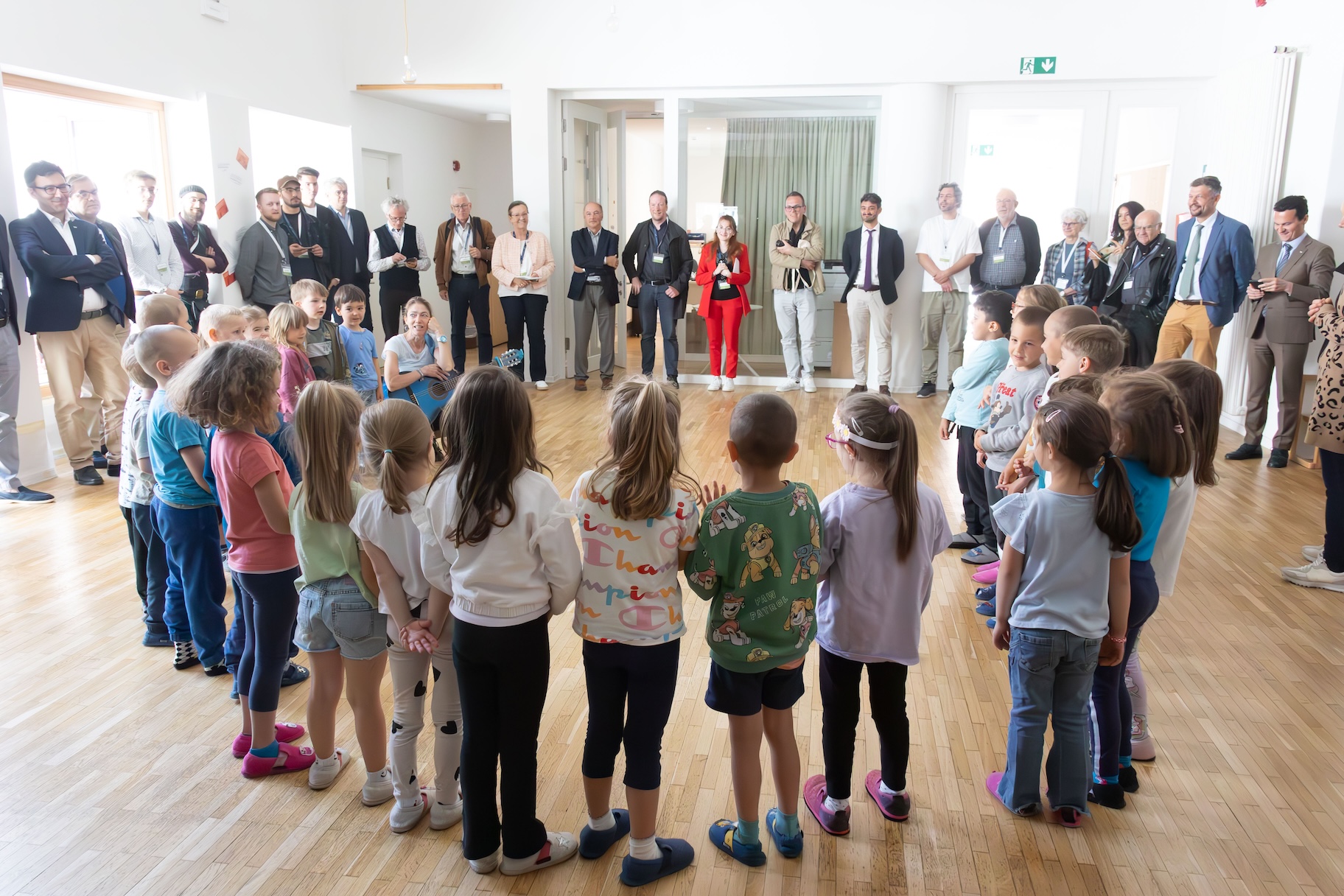
The conclusion of the meeting was clear: if minority languages do not find their place in everyday life, public institutions and on the stages of major events, they will gradually disappear. Preventing this requires political support, structural visibility and cross-border cooperation.
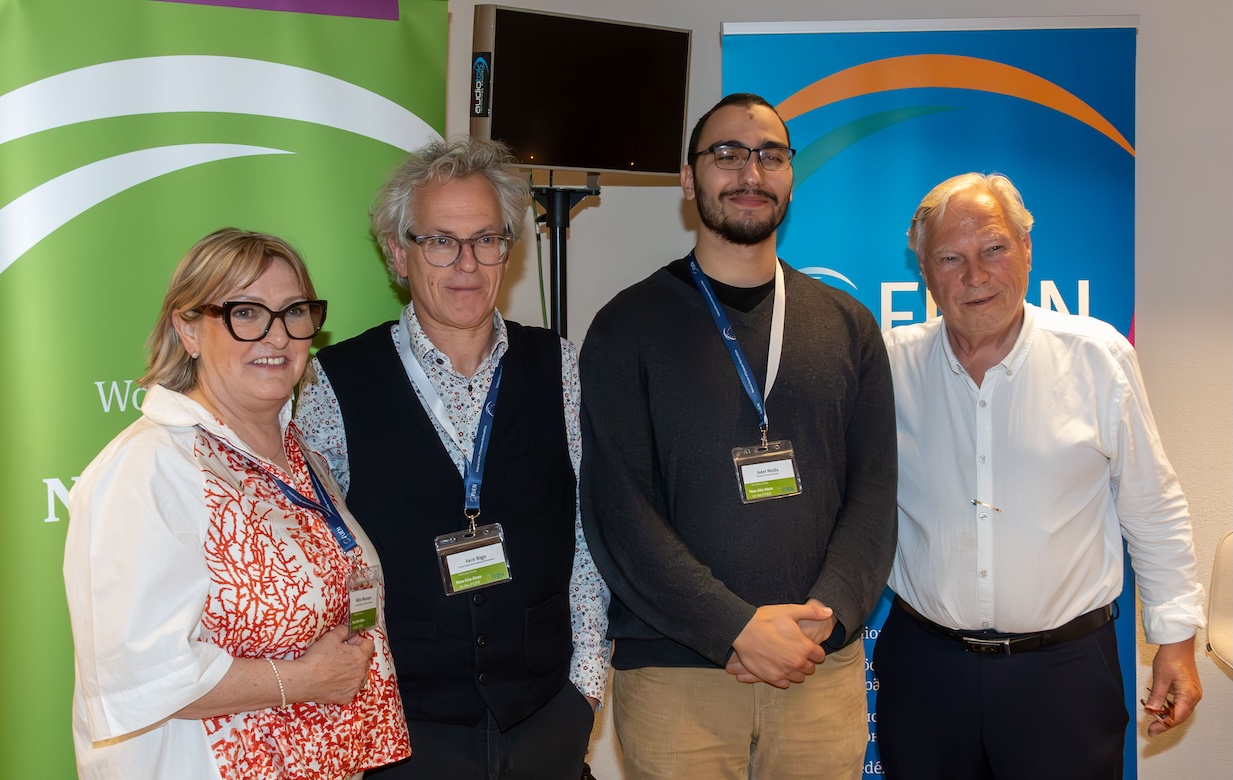
You can view the photo gallery of the annual meeting 2025 of the FUEN Non-Kin-State Working Group HERE.
Photos: Freddy Planinschek
The organisation and implementation of the 2025 NKS Annual Meeting was funded by the German Federal Ministry of the Interior based on a resolution of the German Bundestag.

Background: The FUEN Non-Kin-State Working Group
The Non-Kin-State Working Group was established by FUEN in 2017 to give minorities without a kin-state the opportunity to discuss their specific concerns and challenges, develop solutions, and devise joint strategies to preserve their small languages and cultures. The group currently brings together 40 organisations from 17 different countries. Its spokesperson is FUEN Vice President Bahne Bahnsen.
Website of the Working Group: nks.fuen.org
Pressemeddelelser
- FUEN wishes you a peaceful Christmas season, restful days and a bright, hopeful start to the new year!
- FUEN calls on the EU to act over systematic ethnic-based land confiscations in Slovakia
- Women of Minorities conference in Budapest calls for structural change to ensure equal political participation of minority women
- FUEN President Olivia Schubert at UN Forum on Minority Issues in Geneva
- "Laboratory of Peace": 28th Seminar of Slavic Minorities held in European Capital of Culture Gorica/Gorizia
- Equality in Political Participation and Representation: Third “Women of Minorities” Conference to Be Held in Budapest
- FUEN Working Group on Education discusses challenges and future of minority schooling in Europe
- 28th Seminar of Slavic Minorities in Europe to take place in Gorica/Gorizia, Italy
- Olivia Schubert in her first interview as FUEN President
- FUEN Assembly of Delegates elects new leadership – Olivia Schubert becomes new President














